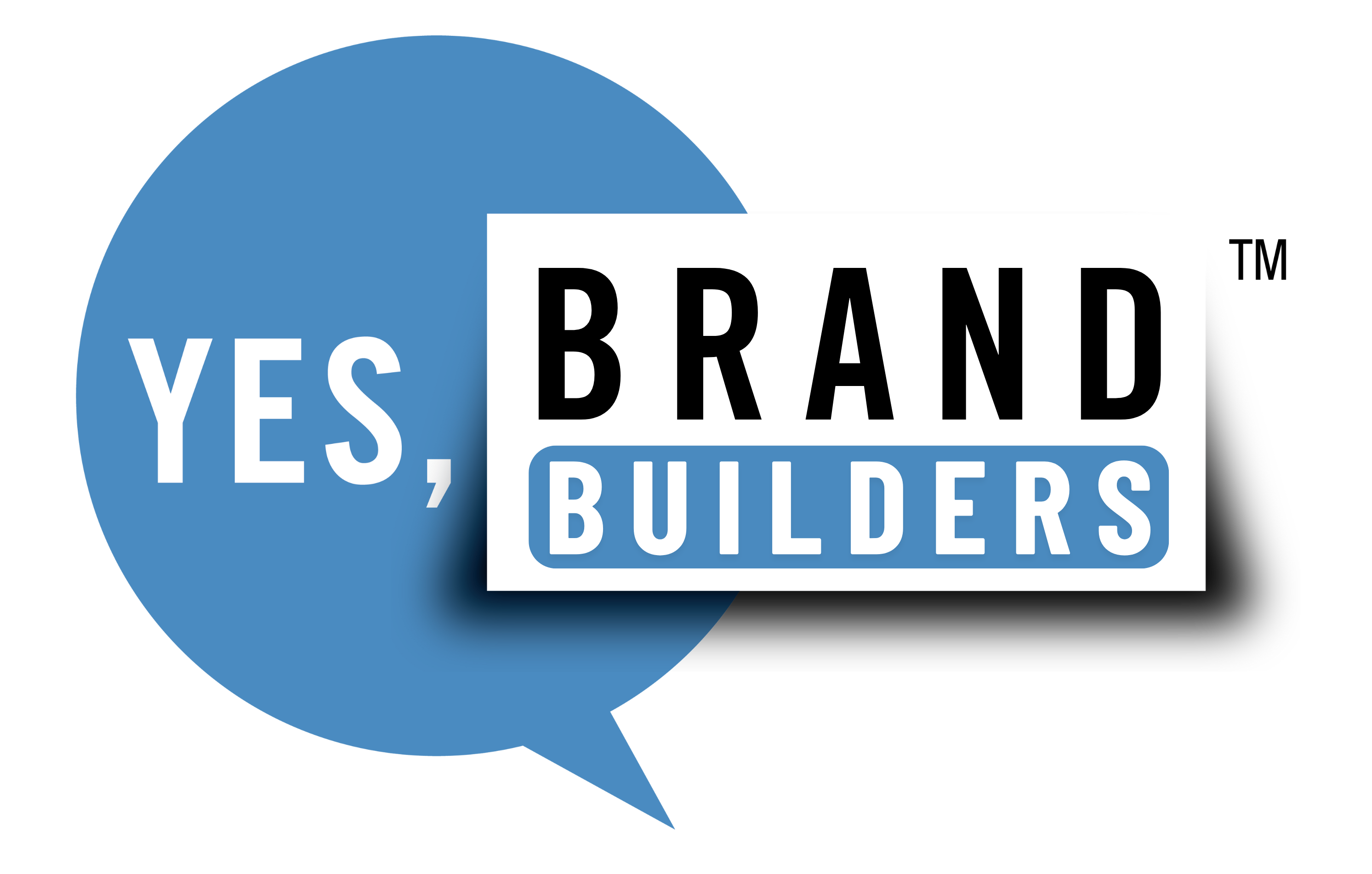
Humor can be our compass in a world that’s stopped making sense.
We used to support our arguments with facts. Facts were powerful, because if they could be verified, they became “referees” in the courts of opinion. In this era of subjective truth, deepfakes, and disinformation we have no PROOF, no referees to calls the game.
In the absence of proof, we spend an awful lot of time trying to convince. We each call our own game. Given that, in order to engage in an argument, we first must convince ourselves that we know “The Truth.”
On the Truth Tastes Funny podcast, I show how humor helps the medicine (reality) go down.
Humor has always been a survival mechanism, but in this age of curated personas, filtered feeds, and weaponized narratives, it might also be our last honest language. It cuts through the noise—not by yelling louder, but by pulling back the curtain, breaking the fourth wall, and saying what everyone’s thinking but no one wants to say out loud.
But here’s the key: it only works if you’re willing to be the butt of the joke first. That’s the difference between satire and self-awareness.
So how do we use humor as a compass?
We start by laughing at ourselves. We stop trying to “convince” and start trying to connect. We trade spin for story. And we understand that while satire may entertain the like-minded, humor has a chance to reach the people we’ve forgotten how to talk to.
In my book, Selling the Truth: A ‘Semoir’ with Insights for Life and Business, I explore the language of humor as relates to business:
Good business is all about perspective—those of the brand, and its audience. Many comedians fail to put themselves in the shoes of the audience. They are in their own head, wrapped up in what they “have to say.” One of the ways I try to gain this perspective in my business and branding efforts is to gauge the sense of humor of a prospective client. What a person finds funny tells me a lot about their personality and offers a window into our prospective working relationship:
• How seriously do they take themselves?
• How open are they to constructive criticism?
• Are they prone to formality or informality?
• Are they comfortable in their own skin?
• Are they cautious, temperate, or bold?
• How attuned are they to subtlety and nuance?
• Do they stand in judgment of others?
• Do they hold prejudices? And most importantly,
• How much fun are they to spend time with?
In going through this process, I’m not necessarily looking for clients who share my personal sense of humor. I’m just diagnosing their disposition so I can “size up the fit.”
And guess what? All of this stuff comprises something we’re searching for: TRUTH.
Not global truths or political realities. Personal truths.
Keep this in mind: Everything is a balancing act. The ability to laugh at our own foibles should not be mistaken for insecurity or self-loathing. Quite the opposite: it should reflect self-confidence and self-worth.
It all comes back to communicating versus convincing. If we can become fluent in the language of laughter, we will spend less time insisting on facts we can’t prove and more time building relationships with people we know, like, and trust.
For more on laughter in business, and selling the truth with humor and humanity… get your copy of the book!
And feel free to book a complimentary 1-1 Personal Brand Audit!
